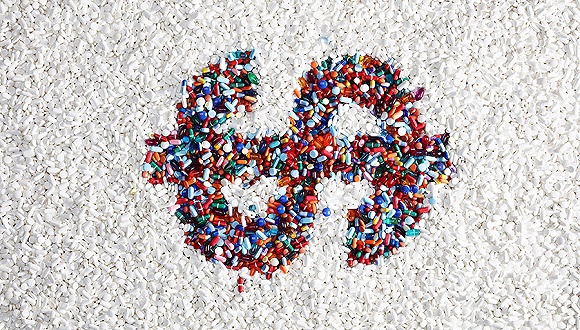Roche and Anjin put a $6.8 billion anti-cancer drug on Avastin
Biosimilars benefit patients more because they are cheaper, but they mean a loss of profits for patent owners because of a “cash cow†anti-tumor with an annual sales income of 6.8 billion Swiss francs (about 6.8 billion US dollars). The drug Avastin, from Swiss pharmaceutical giant Roche, sued the US biopharmaceutical company Amgen.
Roche's Genentech recently filed an appeal against Amgen, saying that the other party failed to provide enough information for Genentech experts to assess whether Amgen's biosimilars infringe the company's 6.8 billion Swiss francs "cash cow" Avastin.
Genentech said that if the data is not obtained as soon as possible, the consequences will be disastrous. In a complaint filed by the US District Court on Wednesday, Roche expressed the hope that the court would force Amgen to provide all the data required by Roche experts and set a deadline for resolving patent disputes. At the same time, Roche requires Amgen to sell the biosimilar before the legal dispute is resolved.

Supporting Roche's tough requirements is a bill called the Biologics Price Competition and Innovation Act (BPCIA). In order to promote the introduction of cheaper biosimilars to the market, the Act allows generic drug producers to take advantage of most of the development work that innovative drug owners have done, but also provides the latter with a way to maintain its patents.
According to the BPCIA regulations, biosimilars manufacturers/sponsors will submit their aBLA application and related biosimilars to the FDA within 20 days after submitting the simplified biologics license application (aBLA) for biosimilars. The description of the production process is sent to the owner of the innovative drug. Innovative drug owners will have 60 days to organize an expert review and determine possible violations.
The innovation in this case has to be owned, Roche said that Amgen only provided aBLA and said that this is all the required materials. For this behavior, Roche accused Amgen of “changing his face too quickly†in the biosimilar patent dispute, and pointed out that the attitude of Amgen’s own biological drugs was completely different.
Roche said in the complaint that when faced with the challenge of Hospira biosimilars, Amgen once said that "if the applicant only provides its aBLA, the patent owner will not be able to fully protect himself, because many important details about the product are usually omitted." .
Biosimilars are new in the United States, and so far only four drugs have been approved for FDA approval. The first such drug, Amgen's generic generic drug, was approved two years ago. This new area is often driven by billions of dollars in sales, and the industry is waiting for further regulation of relevant laws and regulations.
One such case has been appealed to the US Supreme Court. Unlike this dispute, the Supreme Court will rule in the case involving Amgen and Novartis whether biosimilar applicants can be completely exempt from the BPCIA information exchange agreement, and if so, what compensation must be provided to the owner of the innovative drug.
Biotechnology,Tebuthiuron,Trifloxystrobin,Flufenacet,Amicarbazone,Prothioconazole,Sulfentrazone
Changzhou Satidi Import and Export Co., Ltd. , https://www.czguanjiechuck.com